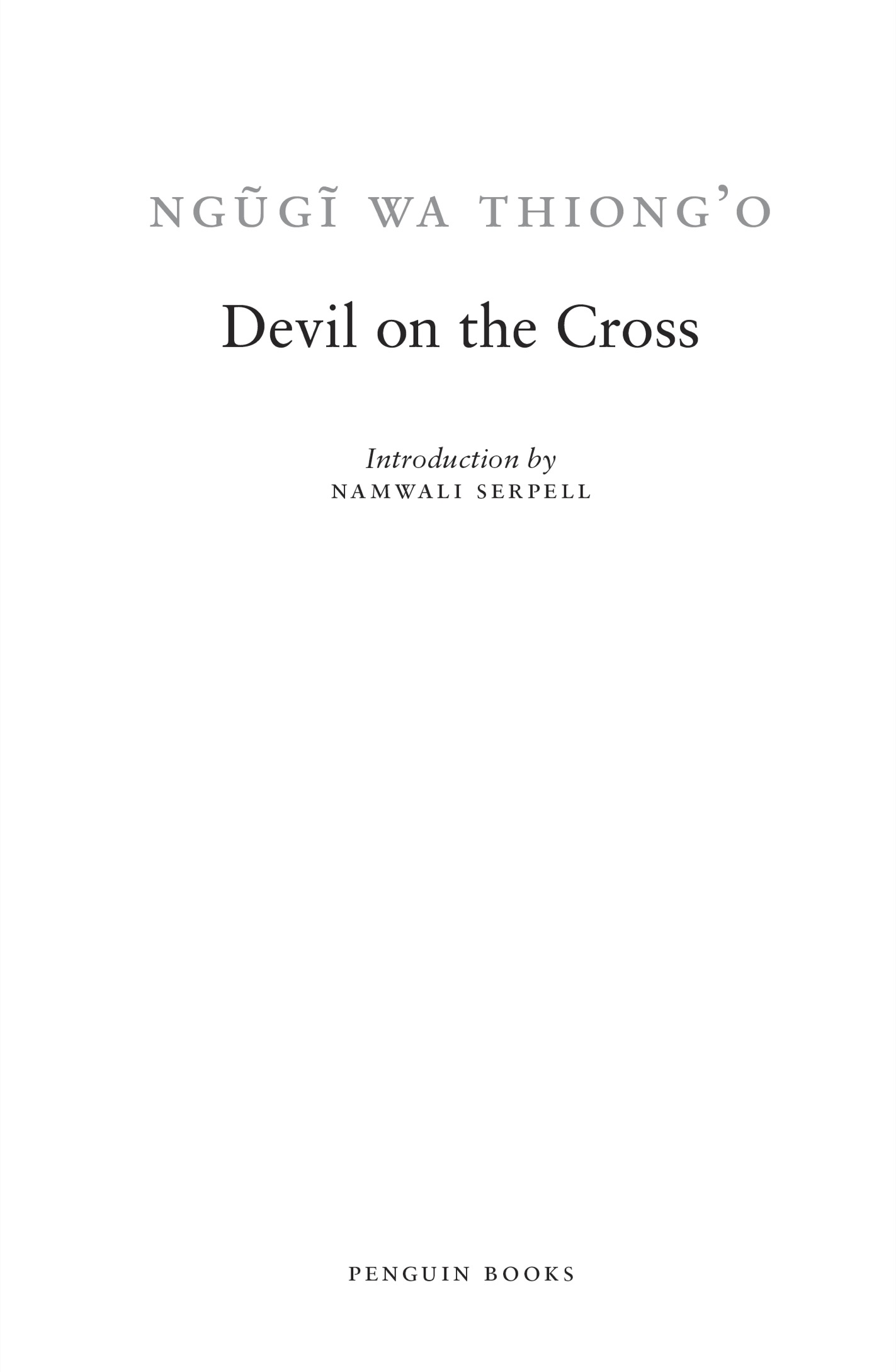MESSAGE FROM CHINUA ACHEBE:
Africa is a huge continent with a diversity of cultures and languages. Africa is not simple often people want to simplify it, generalize it, stereotype its people, but Africa is very complex. The world is just starting to get to know Africa. The last five hundred years of European contact with Africa produced a body of literature that presented Africa in a very bad light, and now the time has come for Africans to tell their own stories.
The Penguin African Writers Series will bring a new energy to the publication of African literature. Penguin Books is committed to publishing both established and new voices from all over the African continent to ensure African stories reach a wider global audience.
This is really what I personally want to see writers from all over Africa contributing to a definition of themselves, writing ourselves and our stories into history. One of the greatest things literature does is allow us to imagine; to identify with situations and people who live in completely different circumstances, in countries all over the world. Through this series, the creative exploration of those issues and experiences that are unique to the African consciousness will be given a platform, not only throughout Africa, but also to the world beyond its shores.
Storytelling is a creative component of human experience and in order to share our experiences with the world, we as Africans need to recognize the importance of our own stories. By starting the series on the solid foundations laid by the renowned Heinemann African Writers Series, I am honored to join Penguin in inviting young and upcoming writers to accept the challenge passed down by celebrated African authors of earlier decades and to continue to explore, confront, and question the realities of life in Africa through their work; challenging Africas people to lift her to her rightful place among the nations of the world.

PENGUIN  CLASSICS
CLASSICS
DEVIL ON THE CROSS
NGG WA THIONGO was born in Limuru, Kenya, in 1938. One of the leading African writers and scholars at work today, he is the author of Weep Not, Child; The River Between; A Grain of Wheat; Homecoming; Petals of Blood; Devil on the Cross; Matigari; Decolonising the Mind; Moving the Centre; Writers in Politics; and Penpoints, Gunpoints, and Dreams, among other works, which include novels, short stories, essays, a memoir, and plays. In 1977, the year he published Petals of Blood, Nggs play I Will Marry When I Want (cowritten with Ngg wa Mri and harshly critical of the injustices of Kenyan society) was performed, and at the end of the year Ngg was arrested. He was detained for a year without trial at a maximum-security prison in Kenya. The theater where the play was performed was razed by police in 1982.
Ngg s numerous honors include the East African Novel Prize; UNESCO First Prize; the Lotus Prize for Literature; the Paul Robeson Award for Artistic Excellence, Political Conscience and Integrity; the Zora Neale HurstonPaul Robeson Award for Artistic and Scholarly Achievement; the Fonlon-Nichols Prize for Artistic Excellence and Human Rights; the Distinguished Africanist Award; the Gwendolyn Brooks Center Contributors Award for significant contribution to the black literary arts; and the Nonino International Literary Prize for the Italian translation of his book Moving the Centre. Ngg has given many distinguished lectures including the 1984 Robb Lectures at Auckland University, New Zealand, and the 1996 Clarendon Lectures in English at Oxford University. He received the Medal of the Presidency of the Italian Cabinet for his uncompromising efforts to assert the values implicit in the multicultural approach embracing the experience and aspirations of all the worlds minorities. He has taught in many universities including Nairobi, Northwestern, and Yale. He was named New York Universitys Erich Maria Remarque Professor of Languages and was professor of Comparative Literature and Performance Studies. In 2003 Ngg was elected as an honorary member in the American Academy of Arts and Letters. Currently he is Distinguished Professor of English and Comparative Literature at the University of California, Irvine.
NAMWALI SERPELL is an associate professor of English at the University of California, Berkeley. She has won the Caine Prize for African Writing and the Rona Jaffe Foundation Writers Award. Born in Zambia, she now lives in San Francisco.
PENGUIN BOOKS
An imprint of Penguin Random House LLC
375 Hudson Street
New York, New York 10014
penguin.com
First published in Gky by Heinemann Educational Books (East Africa) Ltd 1980
English-language edition translated by the author published in Great Britain by Heinemann Educational Publishers 1982
This edition with an introduction by Namwali Serpell published in Penguin Books 2017
Copyright 1982 by Ngg wa Thiongo
Introduction copyright 2017 by Namwali Serpell
Penguin supports copyright. Copyright fuels creativity, encourages diverse voices, promotes free speech, and creates a vibrant culture. Thank you for buying an authorized edition of this book and for complying with copyright laws by not reproducing, scanning, or distributing any part of it in any form without permission. You are supporting writers and allowing Penguin to continue to publish books for every reader.
Ebook ISBN 9781101634868
This is a work of fiction. Names, characters, places, and incidents either are the product of the authors imagination or are used fictitiously, and any resemblance to actual persons, living or dead, businesses, companies, events, or locales is entirely coincidental.
Cover photograph: Ryan Heffernan / Getty Images
Version_1
To all Kenyans struggling against the neocolonial stage of imperialism
Contents
Introduction
On December 30, 1977, Ngg wa Thiongo was arrested. In the middle of the night, bulky Land Rovers and flashing police cars stormed his yard in Limuru, Kenya. They were brimming with men armed with pistols, rifles, and machine guns. As the officers searched his library, Ngg asked if he was under arrest. The officers said no. He was simply being asked to accompany them to the police station, where he would be tasked with cataloging the books and pamphlets the officers were plucking from his shelves: titles by Marx, Engels, Lenin, and so on. They also confiscated about twenty-five copies of Nggs own play, cowritten in Gky with Ngg wa Mri , entitled Ngaahika Ndeenda, or I Will Marry When I Want. The two writers and the locals of a village called Kamrth had staged the play in a community-built open-air theater. Its five-month run had been immensely popular, drawing large crowds from afar. But on November 16, 1977, the Ministry of Housing and Social Services had essentially banned further performances of the play by withdrawing the license for any public gathering at the Kamrth Community Education and Cultural Centre. This, Ngg assumed, was why, when he reached the police station, he was handed a detainment order signed by the then Vice President of Kenya, Daniel arap Moi. In the early morning hours of December 31, 1977, Ngg was driven to Kamt Maximum Security Prison in Nairobi. He would be kept there without a trial for nearly a year.

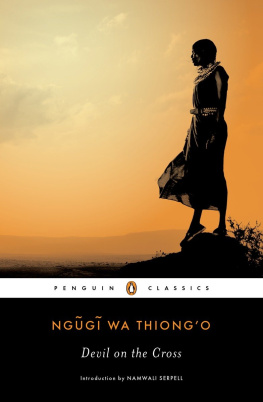

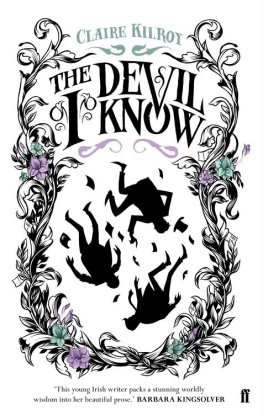

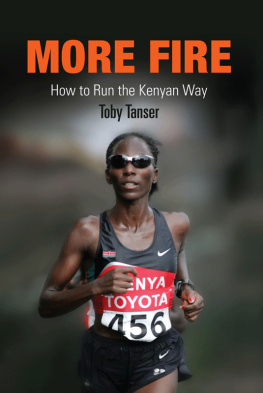
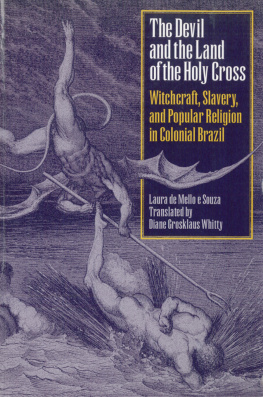

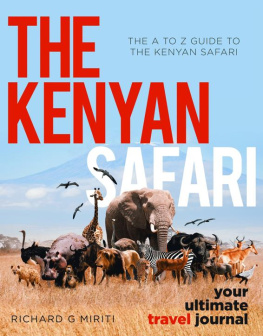
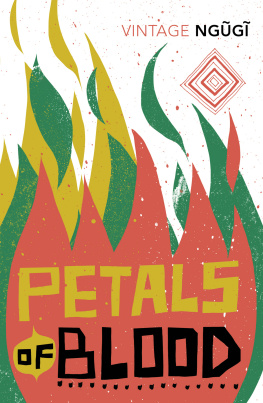
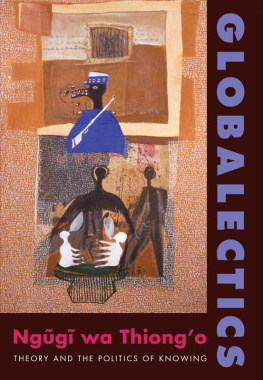




 CLASSICS
CLASSICS